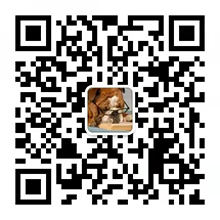be加过去分词是被动语态。被动语态由“助动词be+及物动词的过去分词”构成。被动语态的时态变化只改变be的形式,过去分词部分不变。疑问式和否定式的变化也如此。
Be的基本用法
Ⅰ.“be+状语(表示地点,用副词或介词短语表示之)”:
1.Their machine is here.他们的机器在这里。
2.The sample is on the working table.样品在工作台上。
Ⅱ.“be+名词、形容词或介词短语等(作表语)”:
1.Iron is useful.铁是有用的。
2.Our victory is a great victory.我们的胜利是伟大的胜利。
Ⅲ。“be+过去分词”一般系被动语态:
1.The plant was built in 1958.该厂建于1958年。
2.This book will be translated by the old workers.这本书将由那些老工人来翻译。
Ⅳ.“be+-ing”一般表示正在进行时态:
1.They are designing a new-type machine.他们正在设计一台新型机器。
2.This kind of machine was being designed by the engineers.当时这种机器正由工程师设计。
注:注意用逻辑判别方法把-ing(动名词)作表语的情况和本句型分开。例如:
Our task is building socialism.我们的任务是建设社会主义。
由于主语task产生不了“正在建设”这个行为,故从逻辑上就可判定谓语不能构成进行时态。
Ⅴ.“be+动词不定式”一般用来表示计划、安排或约定将要实行的行为:
1.The method is to be described in detail.这种方法将予以详细说明。
2.He is to leave at night o&39;clock this evening.他要在今晚八点钟离开。
注1:有时“is(或are)to be +过去分词”这种结构含有can be,must be的意思。例如:
1.This compound is rarely to be found in nature.(=This compound can rarely be found in nature.)这种化合物在自然界很少发现。



